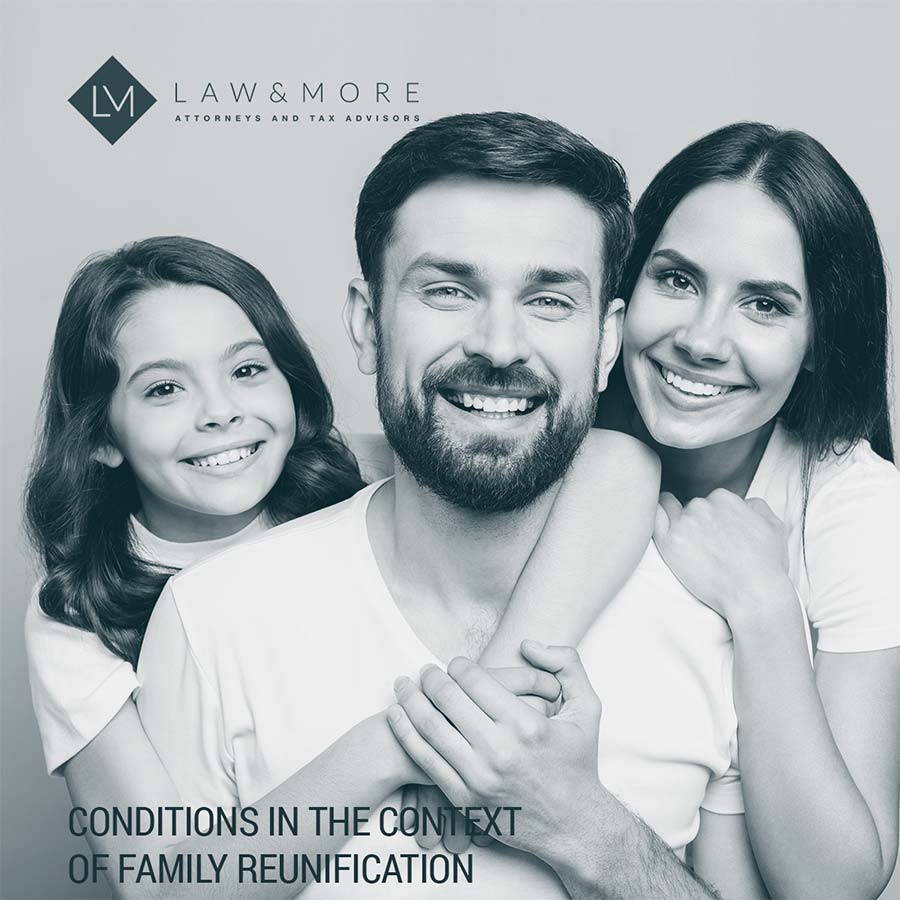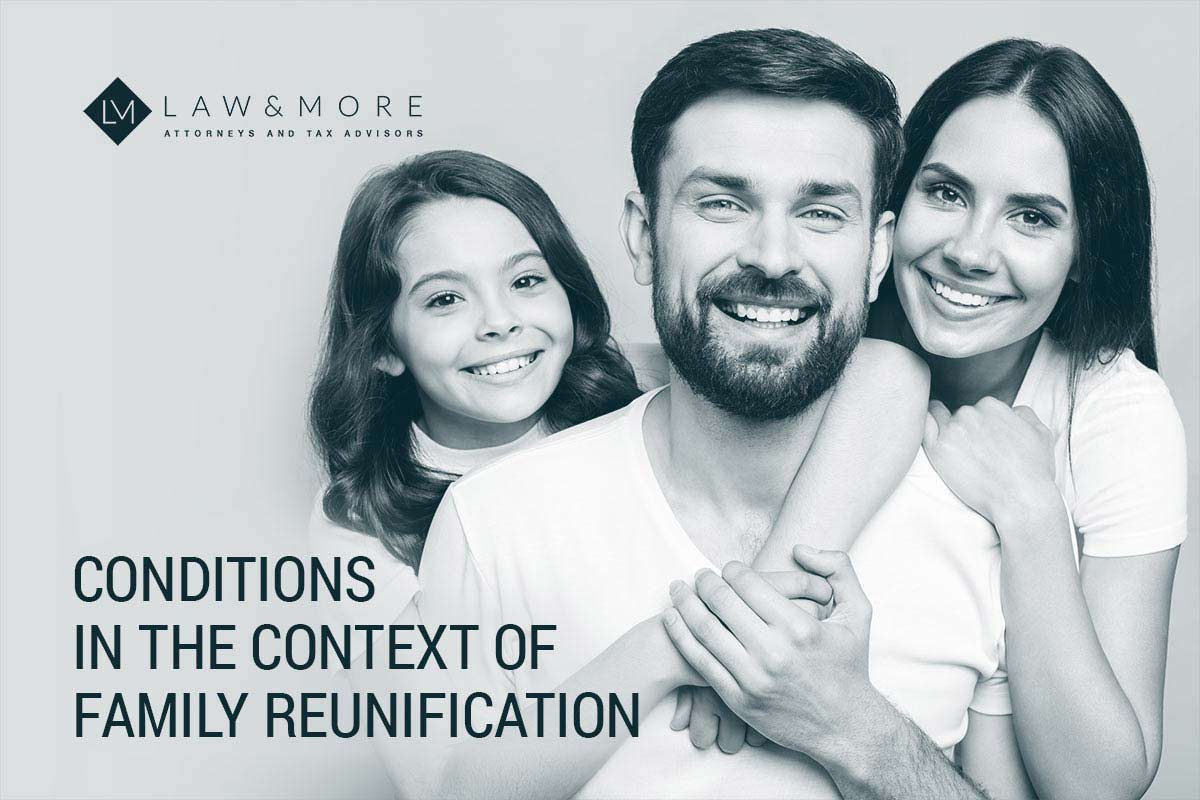When an immigrant obtains a residence permit, he or she is also granted the right to family reunification. Family reunification means that the family members of the status holder are allowed to come to the Netherlands. Article 8 of the European Convention on Human Rights provides for the right to respect family life. Family reunification often concerns the immigrant’s parents, brothers and sisters or children. However, the status holder and his or her family must meet a number of conditions.
The referent
The holder of the status is also referred to as the sponsor in the procedure for family reunification. The sponsor must submit the application for family reunification to the IND within three months after he or she has obtained a residence permit. It is important that the family members already formed a family before the immigrant traveled to the Netherlands. In the case of a marriage or partnership, the immigrant must demonstrate that the partnership is lasting and exclusive and that it already existed prior to immigration. The holder of the status must therefore prove that family formation had already taken place before his or her trip. The main means of proof are official documents, such as marriage certificates or birth certificates. If the status holder does not have access to these documents, a DNA test can sometimes be requested to prove the family link. In addition to proving the family relationship, it is important that the sponsor has sufficient money to support the family member. This usually means that the status holder must earn the legal minimum wage or a percentage thereof.
Additional terms and conditions
Additional conditions apply to specific family members. Family members aged between 18 and 65 must pass a basic civic integration examination before coming to the Netherlands. This is also referred to as the civic integration requirement. Furthermore, for marriages contracted before the status holder has travelled to the Netherlands, both partners must have reached the minimum age of 18. For marriages contracted at a later date or for unmarried relationships, it is a requirement that both partners must be at least 21 years of age.
If the sponsor wants to reunite with his or her children, the following is required. Children must be minors at the time the application for family reunification is submitted. Children from 18 to 25 years old may also be eligible for family reunification with their parent if the child has always actually belonged to the family and still belongs to the family of the parents.
MVV
Before the IND grants permission for the family to come to the Netherlands, the family members must report to the Dutch embassy. At the embassy they can apply for an MVV. An MVV stands for ‘Machtiging voor Voorlopig Verblijf’, which means permission for temporary stay. When submitting the application, the employee at the embassy will take the family member’s fingerprints. He or she must also hand in a passport photo and sign it. The application will then be forwarded to the IND.
The cost of the journey to the embassy can be very high and in some countries it can be very dangerous. The sponsor can therefore also apply for the MVV with the IND for his or her family member(s). This is actually recommended by the IND. In that case, it is important that the sponsor takes a passport photo of the family member and a antecedents declaration signed by the family member. By means of a antecedents declaration the family member declares that he or she has no criminal past.
Decision IND
The IND will check whether your application is complete. This is the case when you have filled in the details correctly and added all the necessary documents. If the application is not complete, you will receive a letter to rectify the omission. This letter will contain instructions on how to complete the application and the date by which the application must be complete.
Once the IND has received all the documents and the results of any investigations, it will check whether you meet the conditions. In all cases, the IND will assess, on the basis of an individual assessment of interests, whether there is a family or family life to which Article 8 ECHR applies. You will then receive a decision on your application. This can be a negative decision or a positive decision. In the event of a negative decision, the IND rejects the application. If you disagree with the decision of the IND, you can object to the decision. This can be done by sending a notice of objection to the IND, in which you explain why you disagree with the decision. You must submit this objection within 4 weeks after the date of the IND’s decision.
In case of a positive decision, the application for family reunification is approved. The family member is allowed to come to the Netherlands. He or she can pick up the MVV at the embassy mentioned on the application form. This has to be done within 3 months after the positive decision and often an appointment has to be made. The employee of the embassy sticks the MVV on the passport. The MVV is valid for 90 days. The family member must then travel to the Netherlands within these 90 days and report to the reception location in Ter Apel.
Are you an immigrant and do you need help with or do you have questions about this procedure? Our lawyers will be happy to assist you. Please contact Law & More.

